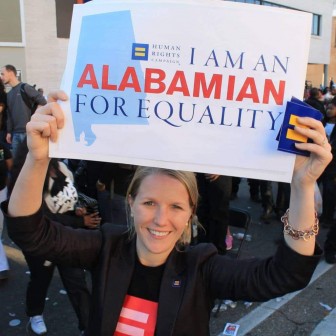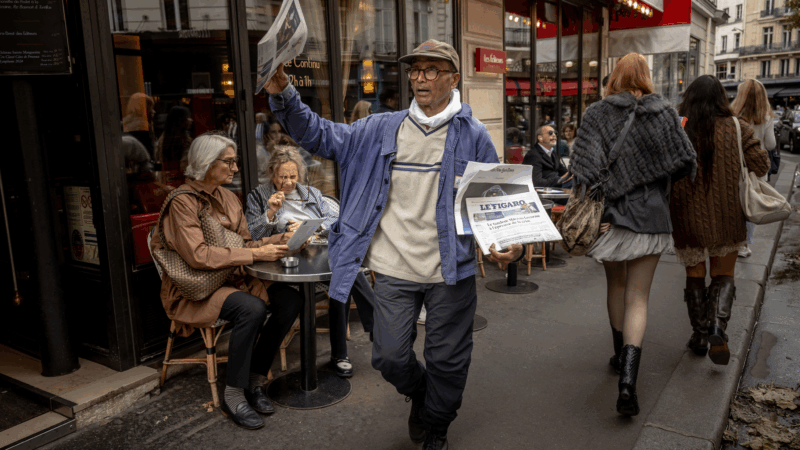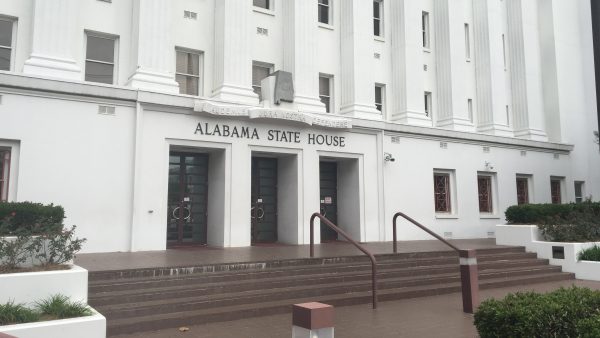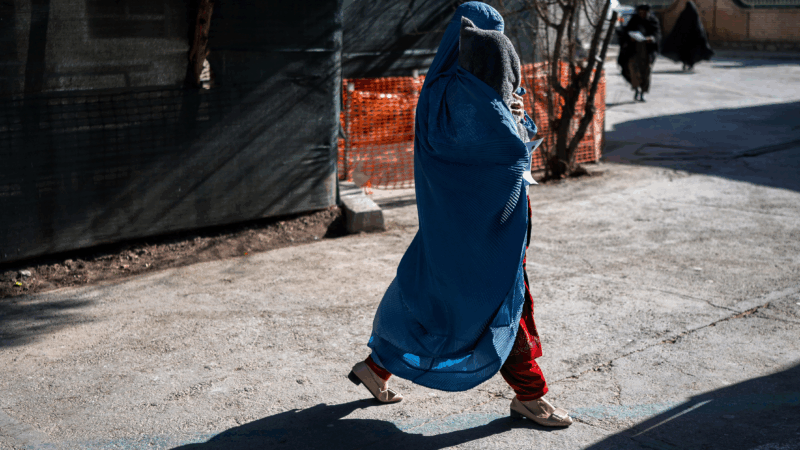Orlando Shooting Shakes Birmingham LGBT Community
Sunday was Birmingham’s Pride celebration, in honor of National Pride month. It’s a time when lesbian, gay, bisexual and transgender people and their allies come together to honor the LGBT community. That event was marred by what is now known as the worst mass shooting in U.S. history. Early Sunday morning a man entered a crowded gay nightclub in Orlando, Florida and began shooting. At least 49 people are dead and dozens more injured. WBHM’s Esther Ciammachili spoke with Eva Walton Kendrick of the Human Rights Campaign of Alabama, an LGBTQ advocacy group. Kendrick says this tragedy has shaken the LGBT community in Birmingham.
Interview Highlights
What emotions are felt around the LGBTQ as they go through the Orlando shooting? How do you feel?
“We grieve the violation of sacred safe place that the Pulse Night Club held and the LGBTQ+ community of Orlando. We grieve for the hundreds of extended families at the beginning of a very long journey, and we grieve for our LGBTQ community here in Alabama. We grieve that sense of safety and the fact that it is Pride Month and that we are celebrating our life, our love, our truth and security in our community.”
On feelings of security in Birmingham’s the LGBTQ community:
“Security was violated. The safe place we thought we held in our pride celebration, and in our clubs, and bars, and churches that are forming…doesn’t fill our faith today.”
“Ultimately, what yesterday’s horrendous crime did was it put a spotlight to all of the conversations we had nationwide this year about how anti-LGBTQ laws affect people’s lives every single day…the violence and the harassment that LGBTQ people hate, and of the uncertainty they face in our political system. In Alabama, we have no protection for LGBTQ people either at the municipal level, the state level, or the federal level. We are working to make sure that those protections are put in place because our LGBTQ community deserves nothing less.”
How has violence and fear influenced LGBTQ in the past and present? How has it been influenced in Alabama?
“When we think back to the very first pride march…that pride march was held to fight back against efforts to keep LGBTQ people down, to keep LGBTQ people closeted, to keep them afraid. What we have been reminded of in the past day is, that by nature of just existing and being out in Alabama, our lives are targets. LGBTQ people are always having to consider whether a place is safe or no. We also talk about the fact LGBTQ people don’t just come out once; they come out every day, hundreds of times a day. Or they choose not to come out.”
“Often LGBTQ people choose not to come out in Alabama because of the fact that you can still be fired from your job, you can still be evicted from your home, you can still be denied public accommodation and you can and will be a target for harassment and violence in many places if you are out in terms of your sexual orientation or your gender identity and expression. For many of us yesterday, particularly in light of the Birmingham Pride Fest.”
The mood at Sunday’s Pride Fest in Birmingham:
“It was a very heavy mood. People would come up to one another…folks saying, ‘I can’t really say good morning, but I’m glad to see you. How are you?’ and folks are saying, ‘I’m feeling heavy, but we’re here.’ I think that was ultimately the mood yesterday. We were all standing at pride because people in Orlando could not stand. The mood was heavy and the mood was strong, but the mood was also resilient.“
Supreme Court strikes down Trump’s tariffs
The 6-3 ruling is a major blow to the president's signature economic policy.
The economy slowed in the last 3 months of the year — but was still solid in 2025
The U.S. economy grew 2.2% in 2025, a modest slowdown from 2.4% the previous year. GDP gains were fueled by solid consumer spending and business investment.
Ali Akbar, who’s sold newspapers on the streets of Paris for 50 years, is now a knight
For decades, Ali Akbar has sold papers on the Left Bank of Paris. Last month, France gave the beloved 73-year-old immigrant from Pakistan one of its highest honors — and his neighborhood is cheering.
Bill limiting environmental regulations goes to the governor’s desk
President Trump has taken steps to roll back environmental regulations. Some of that same action is taking place in statehouses, including Alabama's. Lawmakers gave final passage this week to a bill that would ban the state from enacting environmental rules more stringent than those at the federal level. That's where we start our weekly legislative update with Todd Stacy, host of Capitol Journal on Alabama Public Television.
For years the Taliban told women to cover up in public. Now they’re cracking down
At hospitals, at seminaries and on buses, the Taliban is stepping up enforcement of rules on women's dress in the city of Herat.
What I learned watching every sport at the Winter Olympics
Sit down with pop culture critic Linda Holmes as she watches the 2026 Winter Games. She is exhausted by cross-country, says "ow ow ow" during moguls, and makes the case, once and for all, for curling.






